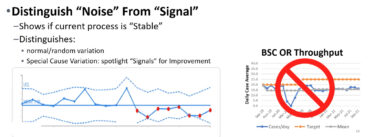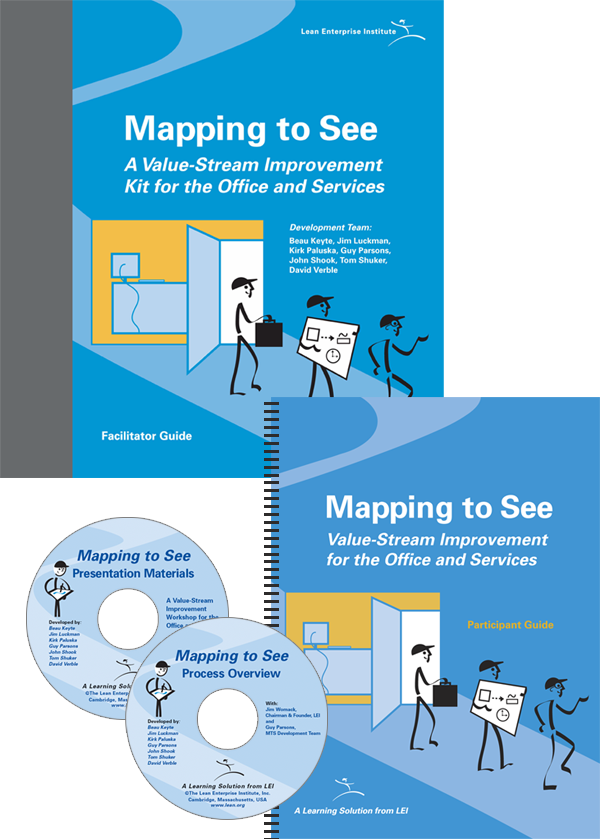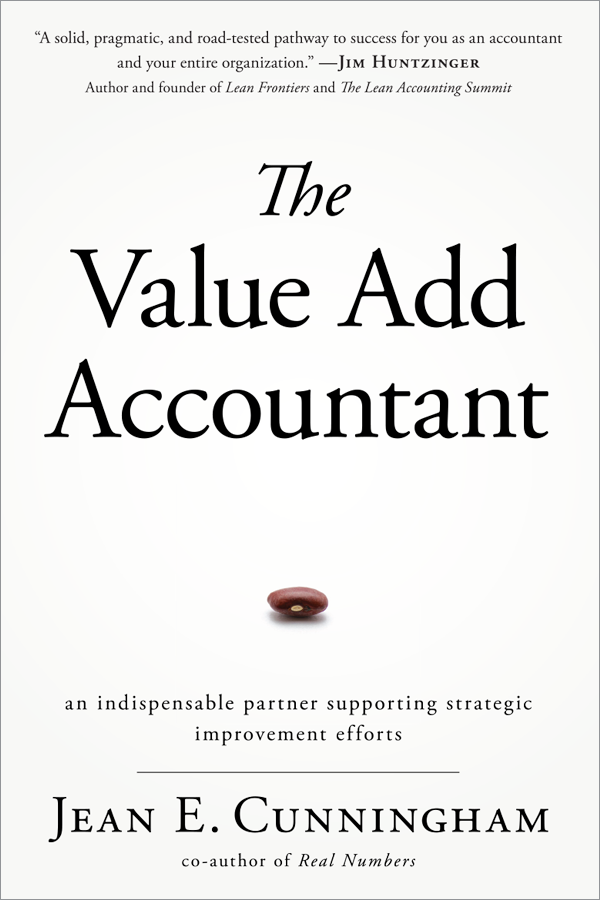I can’t tell you how many times I’ve been asked, “What did you have to go through to get hired at Toyota?”
I went through Toyota’s hiring process 28 years ago in 1986 when I applied for a position at Toyota Motor Manufacturing Kentucky as they were constructing the plant. Everyone knows hiring processes evolve over time due to our ever-changing world and market. At that time (1986-1988), Toyota was building their first plant in North America, so it took a little time to build a structure capable of a 540,000 car a year output. Today, it’s not as good a time for a potential hire (Toyota may be hiring fewer people), but the competencies Toyota looks for in people and future leaders haven’t changed.
I went through a battery of tests in the beginning and over the years have realized they were looking for specific competencies in people. Assessors were present during the hiring process who were analyzing behaviors and actions of all potential hires as we went through various tests and exercises.
There were 5 competencies, as I learned later, that Toyota looked for in people. These are also the competencies I recommend you look for if you want to develop a more robust hiring process.
- Listening skills: I think this one is deceptively simple. What I mean is: How effective are we at really listening, and how do we know this? Have you ever tried the simple exercise of listening to someone for two minutes and then trying to paraphrase back to them what they said? This sounds easy, but try it. Our first instinct is to share our opinion before someone is finished, or to come up with a rebuttal in our minds before someone is even finished talking. This hinders us from truly listening. I remember during my hiring process, we were doing exercises and the assessors were watching for the folks who were truly able to listen and absorb new information.
- Problem solving skills: The ability to solve problems as an organization is crucial. This is what allows any organization to achieve long-term growth and sustainability. Being able to see abnormality at a glance is so key. I can remember for one portion of the tests going through a 2 day (12 hours each day) simulation of the type of work that we would be doing on the line (this can be simulated for non-manufacturing as well), placing us in a work cell that had various problems. We would do the work and be asked every hour how we would improve the work, layout, and area among any other possibilities we saw. Could we see abnormalities and come up with our own ideas to make things better?
- Teamwork: How well did we work with others? This competency is often down-played as a given, but it was/is a key component rooted deeply with the Toyota Way. Every team member at Toyota is an essential part of the team. In one hiring exercise we were put with other people (in groups of 12) who we hadn’t previously met who were also going through the hiring process. We were given a problem and asked to solve it “as a team.” Our assessors were looking for personality traits, our responses to ideas offered up by others, and our general attitude and demeanor throughout the exercise. They wanted to see if we could work effectively with people who had different personalities.
- Initiative: This one often sparks an interesting conversation, depending on the industry. How do you define “initiative” exactly? In my case, Toyota was looking for someone who would go above and beyond in terms of creating ideas for improvement, ways to work smarter not harder, and understanding that value-added work is essential for future job security. So it wasn’t necessarily about staying late or working up a sweat. The focus was on capability development (and the team member’s desire and ability to develop oneself). And more than this, the hiring process was about finding people who felt and could be empowered to “think” without needing massive amounts of prodding or incentives.
- Leadership: This one is hugely important if you’re interested in “growing” leaders internally. I was a perfect example of a “home-grown” leader at Toyota. I started out on the line and through great coaching, was developed in the other competencies above following Toyota Way values. I worked up from hourly to salary in seven years witnessing the leadership above me “walking the walk” and learning how to do this myself. This was all grounded in the idea of respecting people’s ability to think, building this respect for learning by doing, problem solving, and improving into our daily work. We also had to show specific qualities/competencies before we were chosen for pre-promotion classes. Within the hiring process we were made a mock leader in an organization and asked to handle specific issues that arose. We were instructed to ask questions and grasp the situation. How we did this was what we were assessed on. Our ability to see facts and not make assumptions was noted along with our ability to see people as the most important asset of an organization and lead from that principle.
The hiring process I went through functioned almost like a sifter. You start out a large rock at the top and only the granules of sand make it to an interview. There were probably seven sifters to go through to be considered a Toyota team member. If you made it, this was something to be proud of and it helped you to be better than you were the day before. As a trainer myself now, this is something I still hold on to today. None of us are experts. We all should be learning and so we should look for this same quality in our team members and new hires. Perhaps the most important two questions we should ask is, “Is this a person able to be developed?” and “Do they demonstrate a willingness and ability to learn?”






